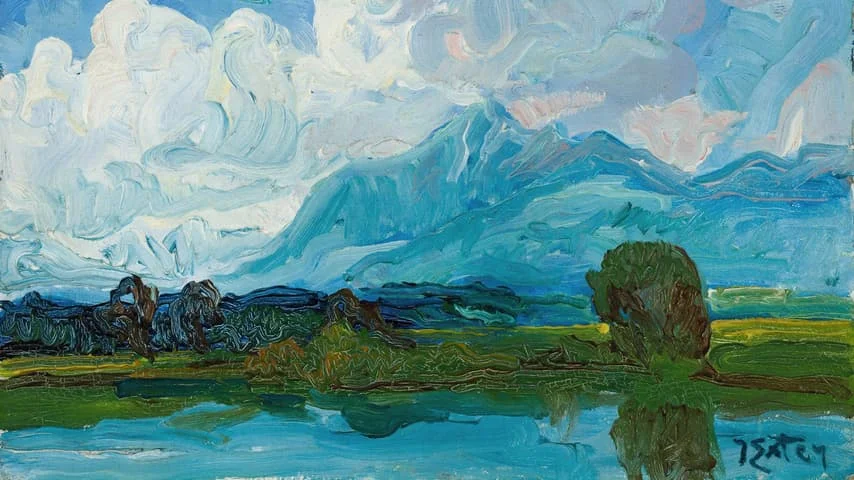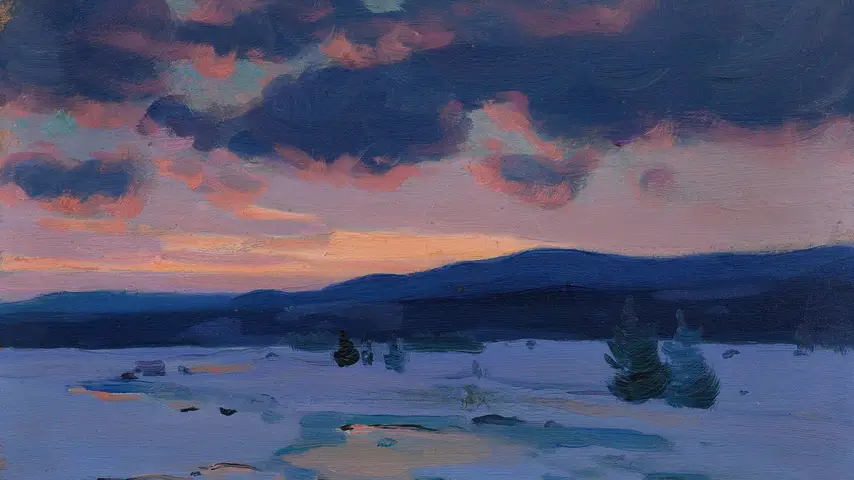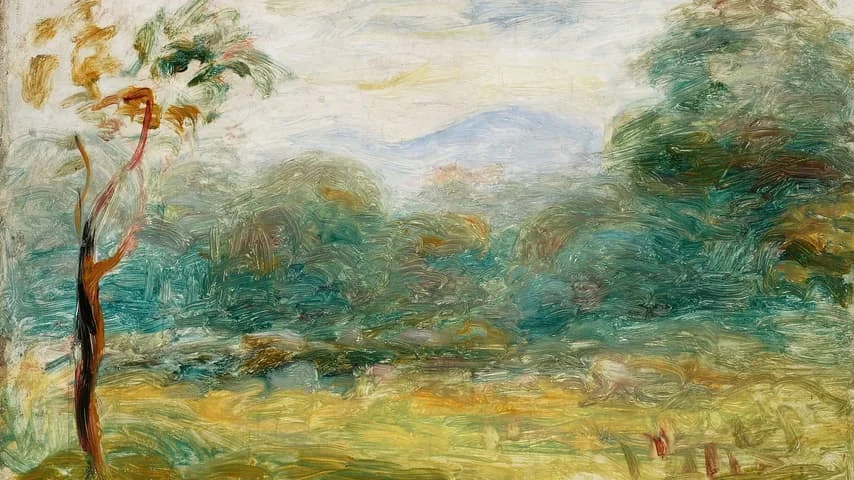Hi there, fellow pilgrims, and welcome to another issue of The Weary Pilgrim.
I’ve been walking — or maybe limping is the word — through a season of vocational upheaval. It has been quite disorienting, to put it mildly, but I’ve been clinging to Psalm 31:7–8. The psalm’s imagery of a “spacious place” — a landscape of grace — has captured my imagination and informed my prayers lately (see below).
A Pilgrim Prayer
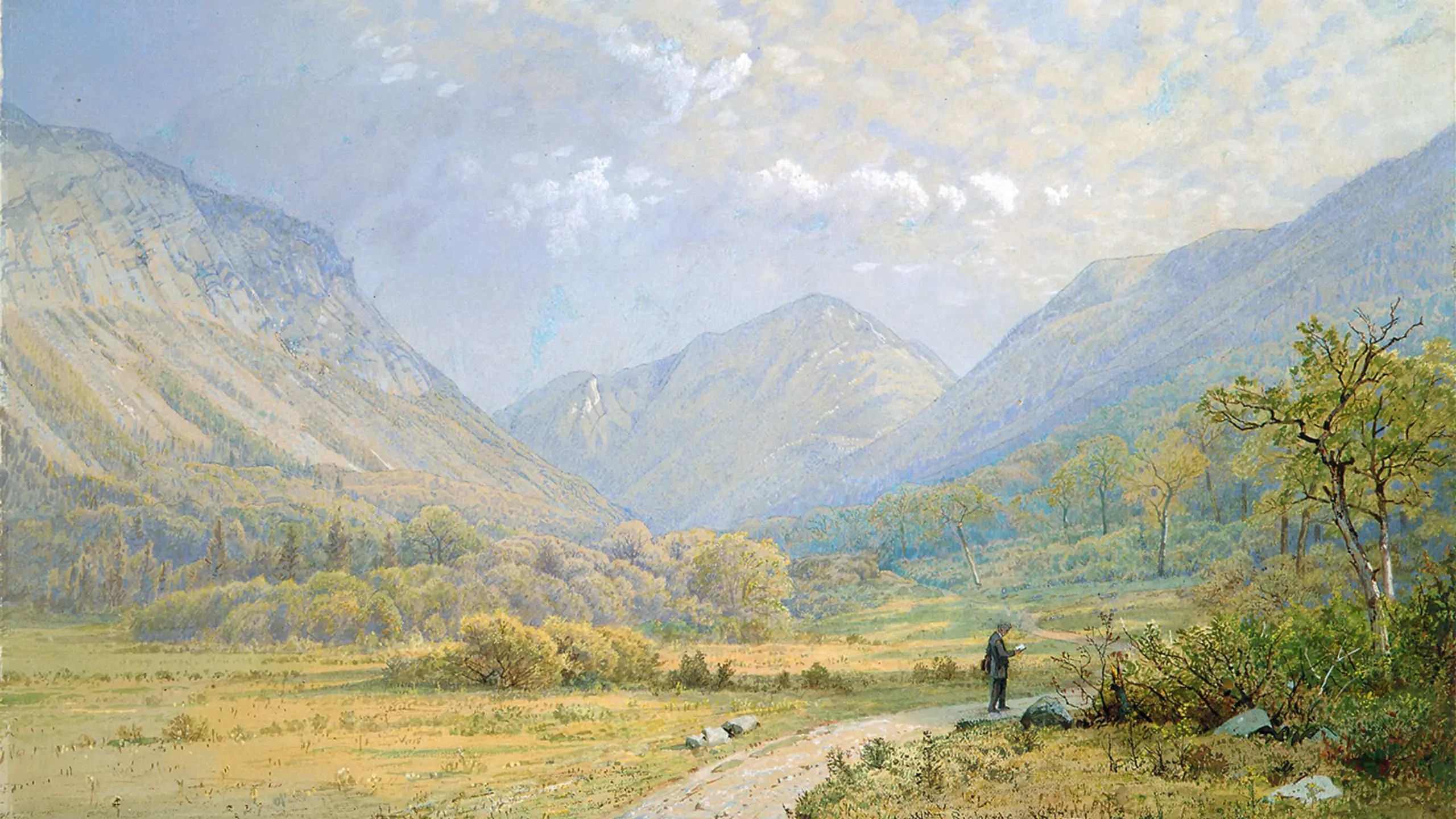
A Spacious Place
By Ryan Wentzel
“I will be glad and rejoice in your love, for you saw my affliction and knew the anguish of my soul. You have not given me into the hands of the enemy but have set my feet in a spacious place.” — Psalm 31:7–8 NIV
* * *
O Lord my God, you who see my affliction and know the distress of my soul, set my feet in the spacious landscape of your grace, so that I might rejoice and be glad in your steadfast love; through Jesus Christ my Lord. Amen.
A Poem
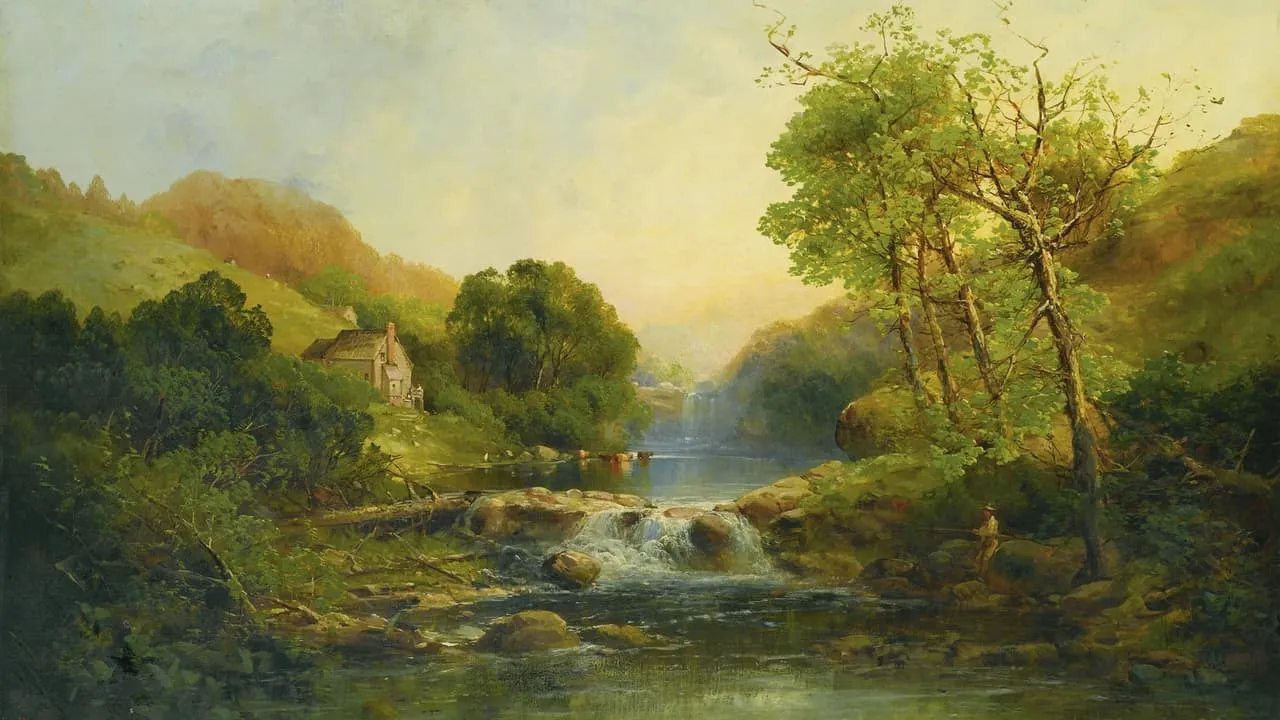
Jane Kenyon’s achingly beautiful poem about seasons of change, with its exploration of the complex emotions that arise during such times, has been my companion for the past several weeks.
* * *
Three Songs at the End of Summer
By Jane Kenyon
A second crop of hay lies cut
and turned. Five gleaming crows
search and peck between the rows.
They make a low, companionable squawk,
and like midwives and undertakers
possess a weird authority.
Crickets leap from the stubble,
parting before me like the Red Sea.
The garden sprawls and spoils.
Across the lake the campers have learned
to water ski. They have, or they haven’t.
Sounds of the instructor’s megaphone
suffuse the hazy air. “Relax! Relax!”
Cloud shadows rush over drying hay,
fences, dusty lane, and railroad ravine.
The first yellowing fronds of goldenrod
brighten the margins of the woods.
Schoolbooks, carpools, pleated skirts;
water, silver-still, and a vee of geese.
*
The cicada’s dry monotony breaks
over me. The days are bright
and free, bright and free.
Then why did I cry today
for an hour, with my whole
body, the way babies cry?
*
A white, indifferent morning sky,
and a crow, hectoring from its nest
high in the hemlock, a nest as big
as a laundry basket …
In my childhood
I stood under a dripping oak,
while autumnal fog eddied around my feet,
waiting for the school bus
with a dread that took my breath away.
The damp dirt road gave off
this same complex organic scent.
I had the new books—words, numbers,
and operations with numbers I did not
comprehend—and crayons, unspoiled
by use, in a blue canvas satchel
with red leather straps.
Spruce, inadequate, and alien
I stood at the side of the road.
It was the only life I had.
* * *
Source: Jane Kenyon, Otherwise: New and Collected Poems (Minneapolis, MN: Graywolf Press, 1996)
Through My Lens

Encinitas, California
Last week, I walked south along the shoreline from Seaside Reef in Encinitas to Del Mar, where the San Dieguito River meets the Pacific Ocean, and then back to Seaside — approximately four miles round trip. Quiet. Peaceful. Beautiful weather. John Mark Pantana’s Love Secrets accompanied me on the journey.
What I’m Reading
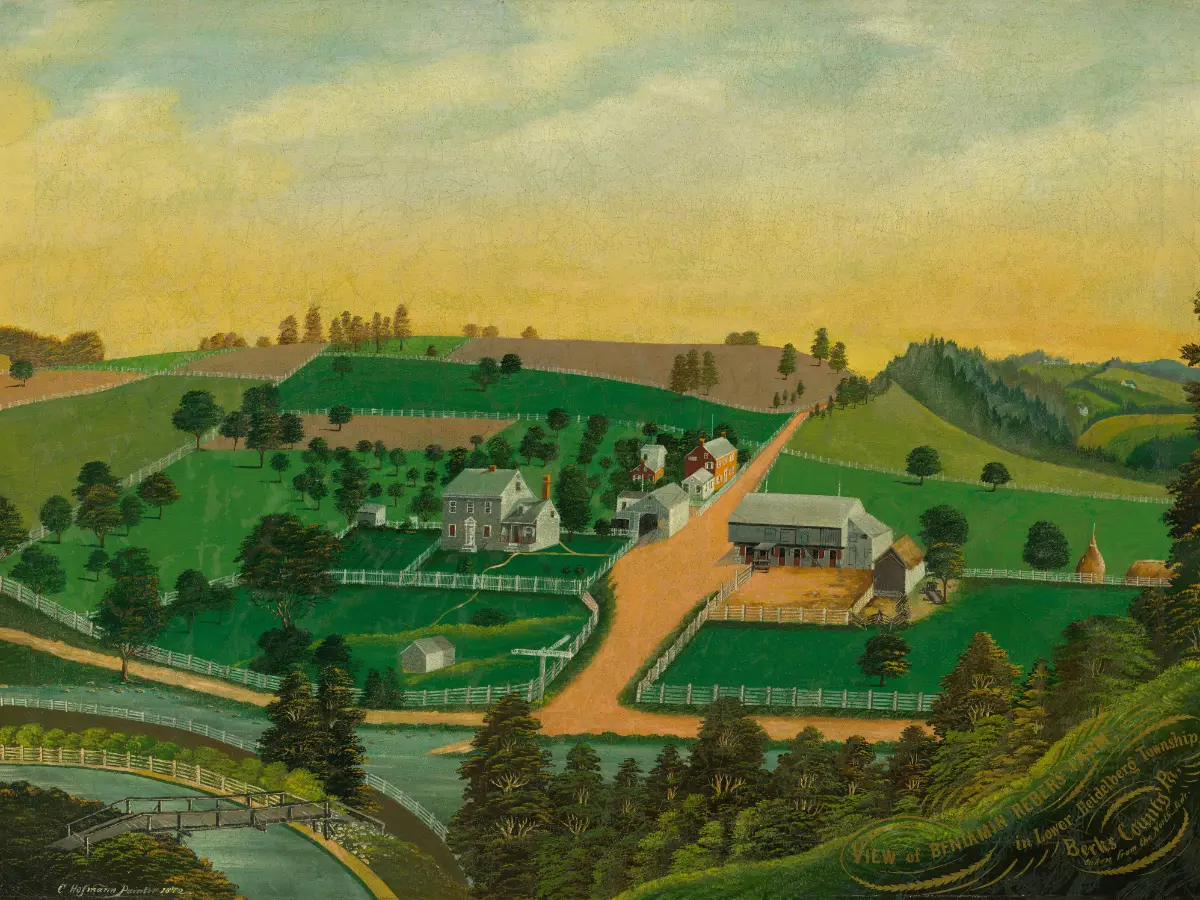
Books
Hannah Coulter by Wendell Berry
I’m continuing to reread this wonderful novel from Wendell Berry’s Port Williams series. It’s as beautiful and moving as I remembered.
Here are two excerpts from early in the book:
On memory
When you are old you can look back and see yourself when you were young. It is almost like looking down from Heaven. And you see yourself as a young woman, just a big girl really, half awake to the world. You see yourself happy, holding in your arms a good, decent, gentle, beloved young man with the blood keen in his veins, who before long is going to disappear, just disappear, into a storm of hate and flying metal and fire. And you don’t know it.
On love, vulnerability, and grief after losing a loved one
The pleasures that came then had a way of reminding you that they had been pleasures once upon a time, when it seemed that you had a right to them. Happiness had a way of coming to you and making you sad. You would think, “There seems to have been a time when I deserved such a happiness and needed it, like a day’s pay, and now I have no use for it at all.” How can you be happy, how can you live, when all the things that make you happy grieve you nearly to death?
Web
And a Creek Runs Through It by Ragan Sutterfield
A delightful reflection on the Bible’s vision of an urban river at the center of a restored and renewed creation.
The Bible begins and ends on earth, and heaven, that place of God’s unrelenting presence, is brought down to the ground where bodies are restored through resurrection and creation is liberated from its long groaning. Biblical hope is grounded, earthy hope.
From My Commonplace Book
The Best Degenerates in America, According to Kathleen Norris
I regard monks and poets as the best degenerates in America. Both have a finely developed sense of the sacred potential in all things; both value image and symbol over utilitarian purpose or the bottom line; they recognize the transformative power hiding in the simplest things, and it leads them to commit absurd acts: the poem! the prayer! what nonsense! In a culture that excels at creating artificial, tightly controlled environments (shopping malls, amusement parks, chain motels), the art of monks and poets is useless, if not irresponsible, remaining out of reach of commercial manipulation and ideological justification.
— Kathleen Norris, The Cloister Walk (New York: Riverhead Books, 1996), 146.
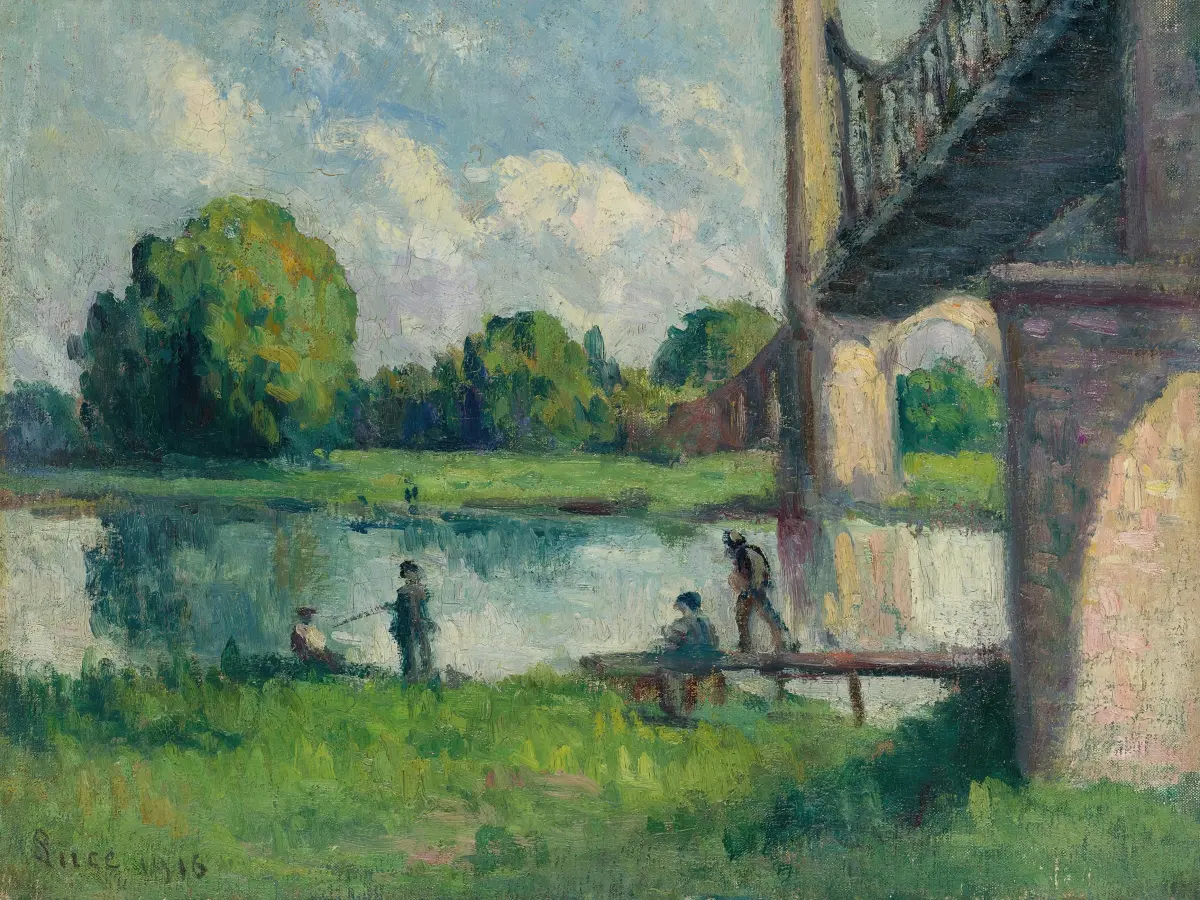
Well, my friends, that’s a wrap for this issue!
